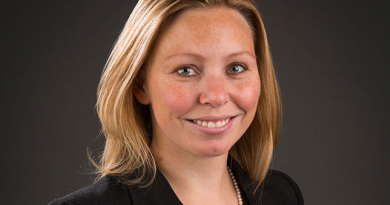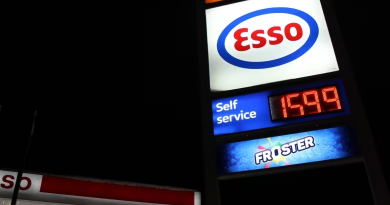Quebec’s Inuit organisations welcome Viens commission’s report and call for immediate action
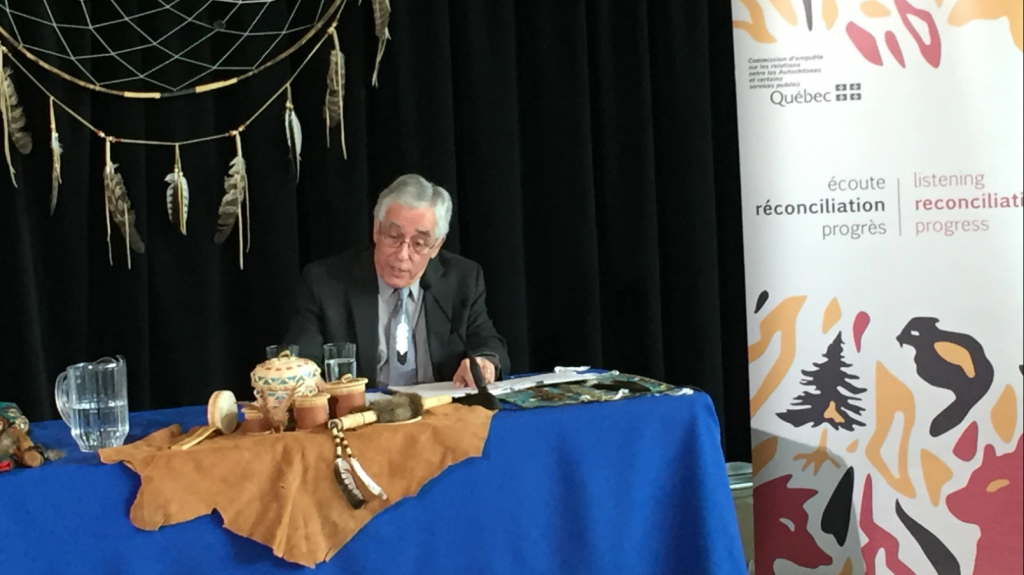
Makivik Corporation, the Inuit land claims organization that represents Quebec Inuit, welcomes the conclusions of a report into the treatment of Indigenous people released Monday, but adds it would like to see concrete actions following the commission’s recommendations.
The conclusions of the Viens commission call for the Quebec government to apologize to First Nations and Inuit for the harm they have endured as a result of provincial laws, policies and practices.
“Inuit provided testimony to the commission in all areas,” said Makivik Corporation president Charlie Watt in a news release.
Kativik Regional Government (KRG), the administrative body of Nunavik, Quebec’s Inuit region, welcomes several of the commission’s 142 calls for action involving Inuit, especially on policing and the justice system.
In a news release, the regional government brings attention to its negociations with the provincial government aiming “to institute immediately the use of videoconferences for bail hearings for persons in remote areas”.
KRG also supports the Viens commission’s calls “to improve the detention conditions of inmates, the administration of justice and crime prevention in Nunavik”, as well as the need to take into account Inuit’s cultural specificities in the justice system.
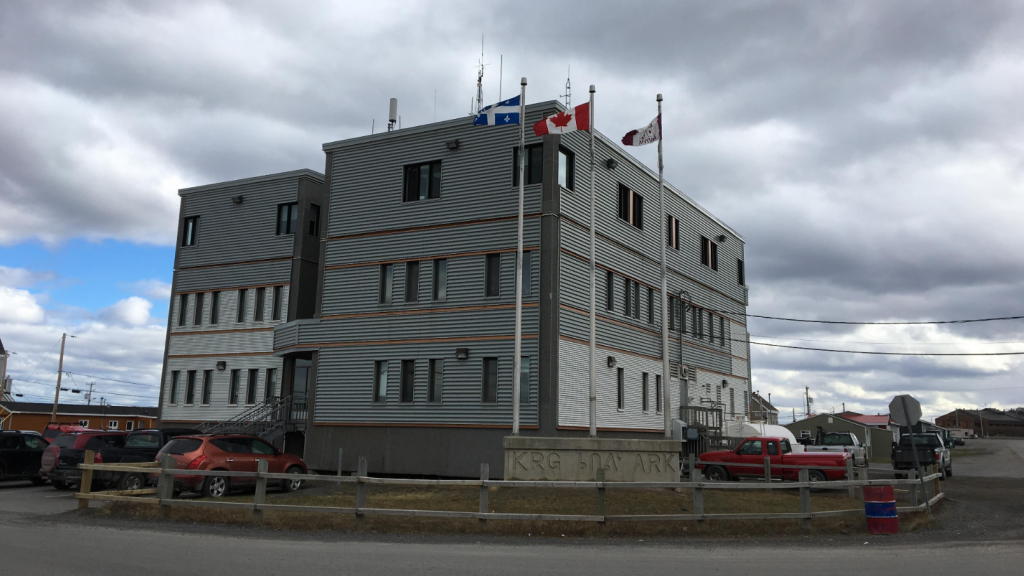
Kativik Regional Government also applauds the report’s calls for “continued financing of housing needs in Nunavik, greater accessibility to translation services in Inuktitut, the creation of mixed intervention patrols of police officers and community workers for vulnerable persons, and more funding to meet increasing health and social needs especially for elders”.
However, KRG insists on the need for Quebec’s government to act immediately on all these calls to action.
Over 38 weeks, the commission held hearings mainly in Val-d’Or, a city 500 kilometres northwest of Montreal, but also in Kuujjuaq and Kuujjuarapik in northern Quebec. The team who worked on the report met with all 14 Inuit villages in Nunavik, said the commissioner, retired Superior Court justice Jacques Viens.
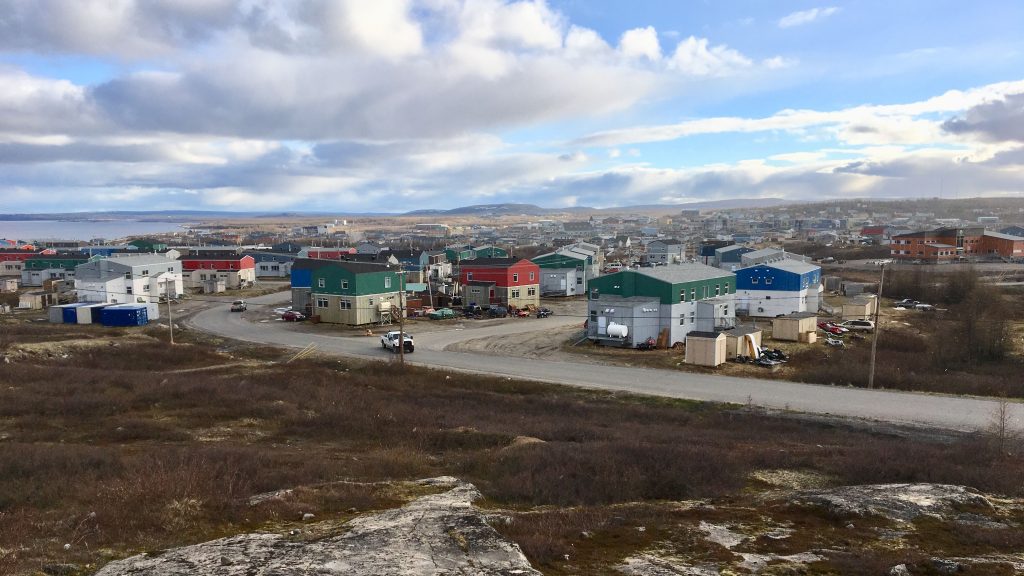
Watt himself testified at the commission’s hearings in November 2018 in Kuujjuaq, Nunavik’s largest community.
“At the time Watt noted how important the commission’s mandate was, touching on vital areas in the lives of Inuit in the Nunavik region, notably: justice, corrections, police, health and social services, and youth protection,” says a news release published following the report’s release.
But Makivik’s president has also highlighted some of the issues facing Inuit and is committed to acting on them.
“Solutions will be found by our people.”
Reached by Eye on the Arctic, Watt recognised that the commission listened to the issues highlighted by the Inuit during the various hearings, but says solutions lie in the work being done in Nunavik on “Self-Determination, and in this sense, [on] working to govern our own affairs in all jurisdictional fields”.
A statement that echoes his testimony at the Kuujjuaq hearings, in 2018: “Our problems will not be solved by the South. Solutions will be found by our people.”
Now, Charlie Watt wants to see more than just excuses from the provincial government, asking “Quebec to stop micro-managing the Indigenous Community and give back their right to self-determination”.
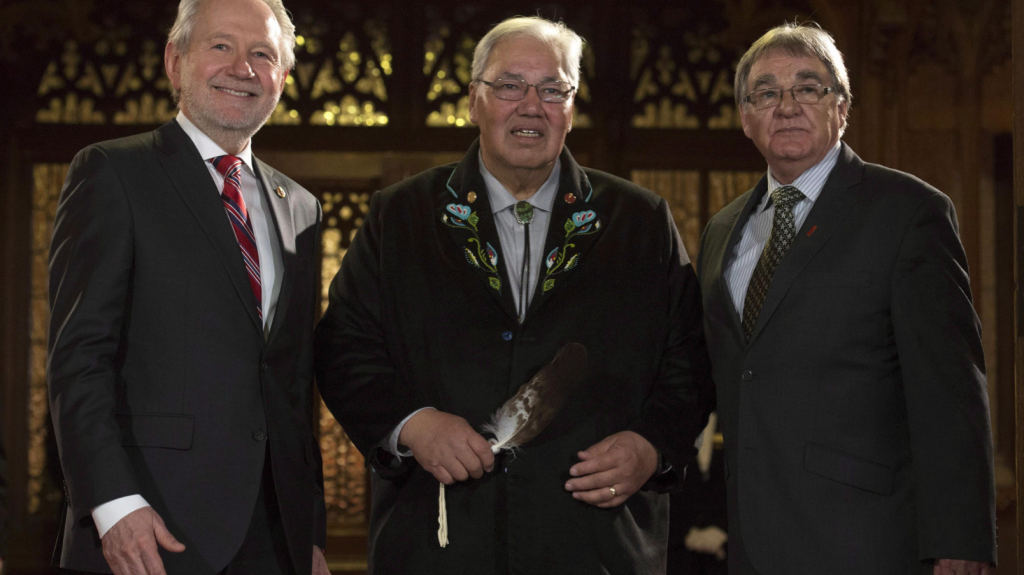
For Kativik Regional Government, the commission’s report represents “the cornerstone of a new beginning in the efforts needed to achieve a better understanding of the Inuit people”. The regional entity only hopes that current and future governments will show a real willingness to implement these recommendations.
“The KRG is fully committed to working closely with all government authorities and other regional organizations to implement all the Commission’s calls for action that fall under its mandate,” said KRG Chairperson Jennifer Munick in her initial reaction to the Commission’s report.
Legault to make an official announcement
Following the 142 calls to actions enumerated in the commission’s report, Quebec Premier François Legault announced he will meet with Indigenous leaders and make an official announcement to Quebec’s national assembly on Wednesday.
Legault should take this opportunity to apologize to First Nations and Inuit, as recommended in the Viens Commission report, says Radio-Canada.

Three provincial ministers were present for the report’s publication in Val-d’Or on Monday. Sylvie d’Amours, Minister Responsible for Indigenous Affairs, took on the occasion to announce that “the various ministries concerned did not wait until the report was unveiled before taking action and invited representatives of Indigenous organizations to a dialogue on October 17 to work with them on prioritizing the actions to be undertaken,” a news release says.
The conclusions to the Viens commission come after more than nine months of testimony about the decades of abuse, mistreatment and neglect endured by Indigenous peoples in Quebec.
The inquiry was launched in December 2016 by the former Liberal government, under pressure to act in the wake of a Radio-Canada investigation into allegations of police misconduct against Indigenous women in Val-d’Or.
Among the calls to action, Jacques Viens recommended the provincial government adopt the United Nations Declaration on the Rights of Indigenous Peoples. This initiative has been welcomed by Makivik president Charlie Watt, who told Eye on the Arctic that “although the gesture would be a symbolic one it would have a huge impact on the recognitions native people have fought for to today such as the recognition of Aboriginal Rights in the Canadian Constitution.”
READ THE SUMMARY OF THE VIENS COMMISSION’S REPORT HERE
Related stories from around the North:
Canada: Inuit of northern Quebec are victims of systemic discrimination, concludes public inquiry report, Eye on the Arctic
Finland: Police in Arctic Finland overstretched, says retiring officer, Yle News
Norway: “The ‘Smart Arctic’ is Indigenous,” Saami leader tells Arctic Frontiers, The Independent Barent Observer
United States: Alaska reckons with missing data on murdered Indigenous women, Alaska Public Media

